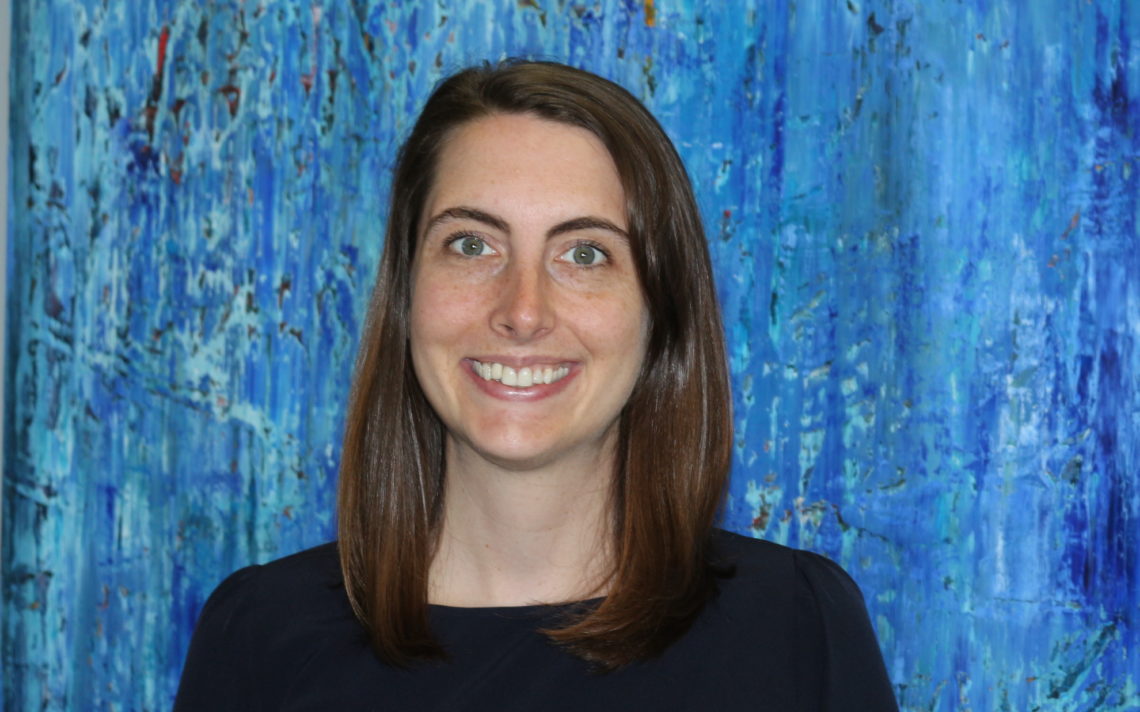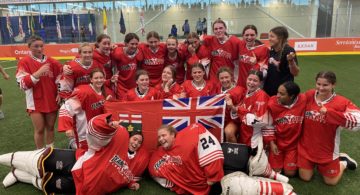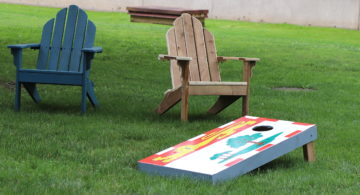
Vella aims to reduce Canada Games footprint
A recent mandate for Canada Games hosts is to make the event sustainable.
Red Deer, the 2019 Canada Winter Games host, may have been the first to have a sustainability committee and Canada Games Niagara 2021 has decided to follow suit.
“We want to make sure that we have a good plan and strategy to reduce the overall Games’ footprint by as much as we can,” committee chair Crystal Vella said.
Vella, who lived in Toronto for a few years working for a sustainability and climate change consulting firm, decided to take on the volunteer challenge after returning home.
“The timing worked out really well,” the 31-year-old St. Catharines native said. “I was looking for a volunteer opportunity to get back involved and plant my roots again in the region.
“This was one of those (opportunities) that was available and it was pretty hard to resist reaching out and seeing if it was a fit.”
The Holy Cross alumnus’ resume is tailormade for the position. The Niagara Falls resident has a degree from Brock University in tourism and environment, a masters degree from Western in environment and sustainability, and a Niagara College diploma in environmental management and assessment. She is a business performance analyst in Walker Industries’ environmental division.
Vella previously served in a volunteer capacity on a couple of smaller events for an organization called Leading Change Canada, a forum of young Canadian professionals working in the environmental sector.
“Obviously the scale is quite different: 150 young professionals compared to 5,000 athletes,” Vella said. “It is a project that is larger than anything I have worked on but it’s sport and it’s celebrating Niagara.
“There’s an opportunity to make the Games sustainable and provide that education component to young athletes, their parents and spectators. It’s inspiring.”
She is excited about the Games.
“It is awesome that it is going to be here and what an opportunity to celebrate the region as well as having the opportunity to see thousands of young athletes perform,” she said. “From what I understand, quite a few athletes have gone on to professional sports. It will be cool to see the young athletes who go on to make a name and see how that development in sport evolves.”
Vella expects her committee to have about 15 members in total and it will be more involved in the planning process than when the Games are actually staged.
“It is a lot of up-front pieces and during the Games it will be a matter of monitoring things and seeing how people are reacting to any sort of information we have.”
Among the areas the committee will be focusing on are: to reduce and understand what the implications of travel are for athletes and spectators coming and going from the Games and their travel during the Games; the actual energy (electricity, natural gas, etc.) used to power the Games’ facilities; and, the waste generated at the events and ways to increase diversion from landfill sites by having an organics and recycling program or eliminating something altogether.
One of the main tools the committee will use is the ISO sustainable events standard. It provides a framework to identify the potential negative social, economic and environmental impacts by eliminating or reducing them and taking advantage of more positive impacts through better planning and processes.
Her committee’s work will help the 2021 and future Games.
“Anything that we can learn we would want to pass on any sort of challenges, things that worked well and things that didn’t.”



























